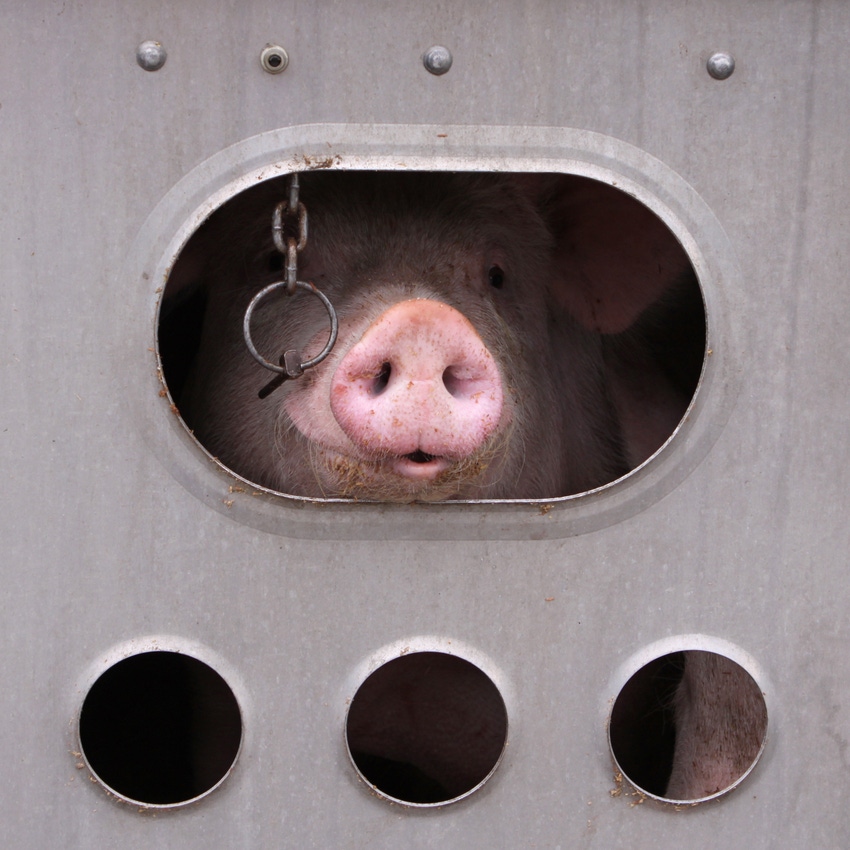Washington state reports first case of PRRS
The pigs had a Montana slaughter designation, though they ultimately ended up in Idaho and Washington.
August 10, 2020

Porcine reproductive and respiratory syndrome was diagnosed for the first time in pigs illegally imported into Washington state. The disease had not previously been identified in Washington pigs.
On June 25, Washington Department of Agriculture's Animal Services Division Compliance Program began an investigation of a pig import into Washington state by an Idaho-based livestock dealer, who purchased 704 pigs in mid- to late-May from an Iowa pig production facility. The pigs had a Montana slaughter designation, though they ultimately ended up in Idaho and Washington.
The animals had none of the necessary health documents such as certificates of veterinary inspection, individual identification and entry permits for either Idaho or Washington.
The investigation determined most of the pigs were sold in Idaho, but at least 13 entered Washington state. The Idaho State Department of Agriculture is conducting their own investigation to determine if any violations of laws or regulations have occurred. When WSDA Compliance completes the Washington investigation, findings will be submitted for possible enforcement actions. USDA has been notified of this incident.
This investigation began because of the results of a necropsy of a pregnant sow, which was one of the 13 pigs brought into Washington and sold on Craigslist; some of the other pigs in the group were sick as well. The Washington Animal Disease Diagnostic Laboratory determined the sow was infected with PRRS virus and circovirus 2 as well; neither of these pathogens had previously been identified in Washington pigs.
Strains from COVID-19 on the meat processing industry contributed to this situation in which importers brought unwanted pigs from the Midwest into Washington. Usually, about 1,000 pigs come into the state annually, but more than 4,000 pigs have been imported this year already — some illegally.
Source: Washington Department of Agriculture, which is solely responsible for the information provided, and wholly owns the information. Informa Business Media and all its subsidiaries are not responsible for any of the content contained in this information asset.
You May Also Like



